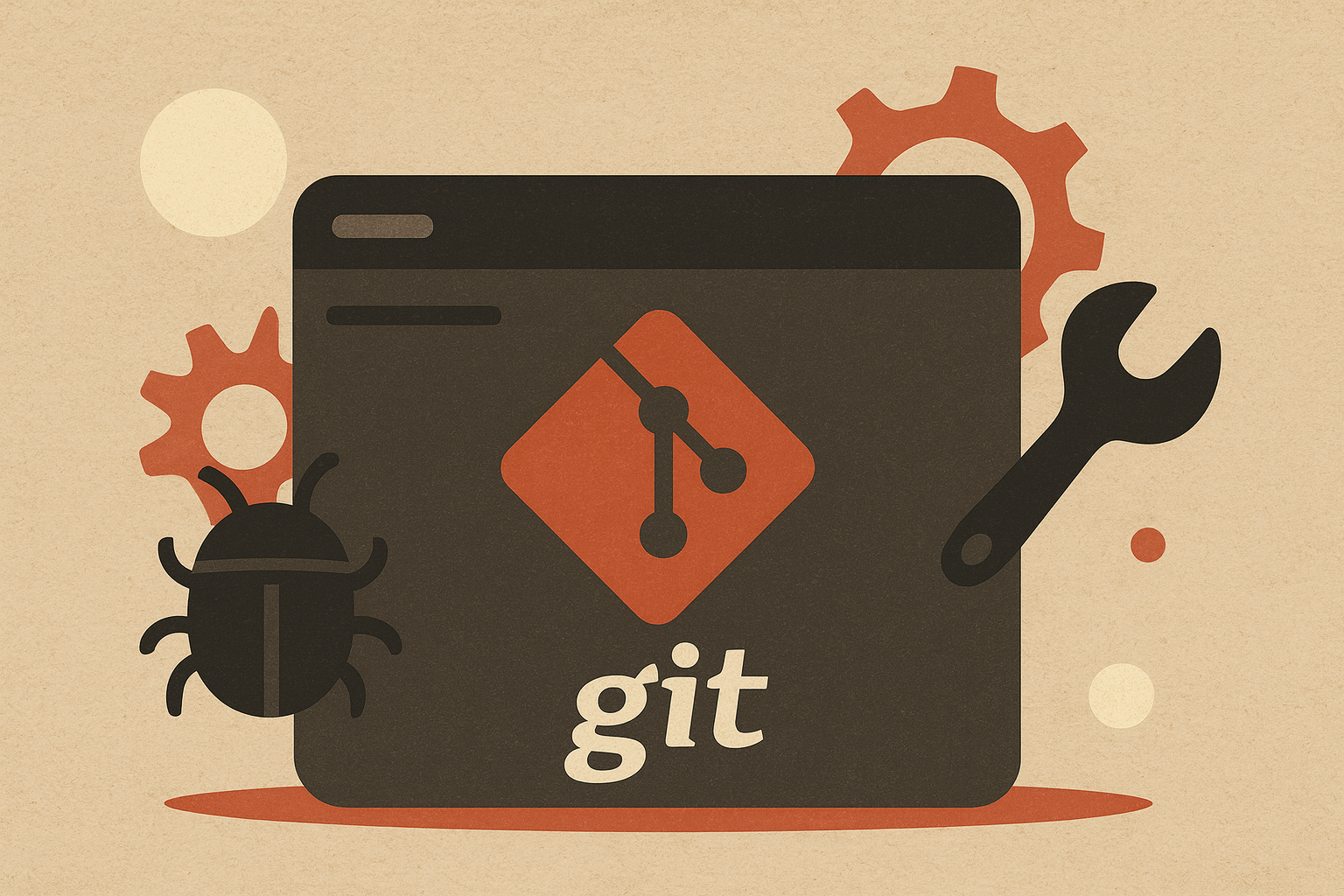What is the ‘fatal: not a git repository’ Error?
The message fatal: not a git repository (or any of the parent directories): .git appears when the current directory or any of its parent paths do not contain a .git folder, meaning it is not recognized as a Git repository.
Git relies on the .git directory to track version control information, so without it, no Git commands can be executed.
Main Causes
There are two main reasons for this error.
1. Running a Command in a Non-Git Repository
This is the most common cause. It happens when a user tries to run commands like git status or git pull in a directory that is not a Git project.
For example, running a Git command in a personal home directory like C:\Users\MyUser will trigger this error.
2. .git Directory is Corrupted or Deleted
Although rare, the error can also occur if the .git directory has been accidentally deleted, renamed, or if its internal files are corrupted.
In this case, Git no longer recognizes the directory as a repository.
How to Fix It
The solution can be easily applied depending on the cause.
1. Change to the Correct Directory
In most cases, simply moving to the correct Git project directory will solve the problem.
Use the cd command to navigate to the root directory of the Git repository you want to work on, and then run the Git command again.
# Assuming you are in another directory
cd C:\path\to\your\git-project
# Now Git commands will work correctly
git status
If you don’t remember the project path, you should first check the project location using a file explorer or the dir / ls command.
2. Initialize a New Git Repository
If you want to turn the current directory into a new Git repository, you can use the git init command.
This command creates a .git folder in the current directory, initializing it as a new Git repository.
# Create a new project directory
mkdir my-new-project
cd my-new-project
# Initialize as a Git repository
git init
After this, you can use commands like git add and git commit normally.
3. Clone an Existing Remote Repository
If the project you want to work on already exists in a remote repository like GitHub or GitLab, the correct way is to clone it to your local machine using the git clone command.
# Clone the remote repository locally
git clone https://github.com/example/repository.git
# Change to the cloned directory
cd repository
# Run Git commands
git status
git clone automatically creates the .git directory along with all the history from the remote repository, so you can start working immediately.
Conclusion
The ‘fatal: not a git repository’ error usually occurs because the user is running a Git command in the wrong location.
It is important to get into the habit of always checking if the current directory is a valid Git repository before working.
If you are starting a new project or downloading an existing one, you should use git init or git clone appropriately to set up the repository correctly.
```

Leave a comment